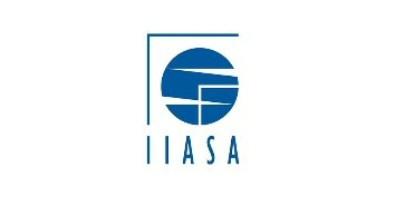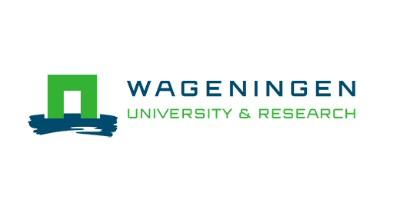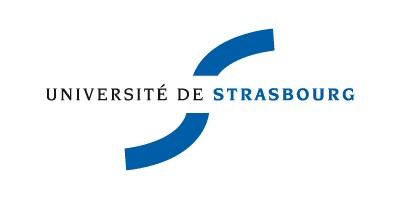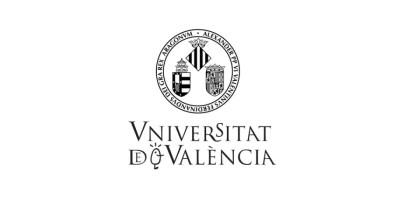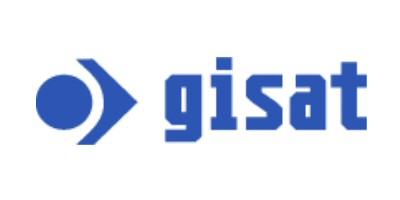The WorldCereal consortium consists of a team of experts in the domains of optical and radar-based crop mapping, open-source developments, cloud agnostic implementation, in-situ reference data, independent validation, user engagement and production of EO products at global scale. In Summer 2020, we started off with 8 partners:
VITO (Belgium) as prime contractor together with CS SI (France), eLeaf (The Netherlands), GISAT (Czech Republic), International Institute for Applied Systems Analysis (Austria), University of Strasbourg, (France), University of Valencia (Spain) and Wageningen Applied Research (The Netherlands). The WorldCereal partners have all been involved in mapping and monitoring projects for the past decades, ensuring the fact that the system and algorithms to be developed within WorldCereal will build upon existing tools.
Within WorldCereal Phase I, CS France has been responsible for pre-processing of satellite data and design and deployment of the WorldCereal system on a public cloud environment, whereas eLeaf has been the scientific lead in the development of the irrigation product. Starting from December 2023, the consortium continued with 6 partners in WorldCereal Phase II.
VITO
VITO has many years of experience in global and local agricultural monitoring projects. VITO is prime contractor of WorldCereal and will build upon its experience of leading several scientific and operational projects including e.g. Copernicus Global Land and ESA WorldCover. VITO will be responsible for:
- General Project Management
- Development of Classification Workflows and Benchmarking
- Design and implementation of the WorldCereal Processing System
- Promotion, outreach and Capacity Building
- Project conclusions and recommendations for future development
International Institute for Applied Systems Analysis (IIASA)
IIASA is well-known for its crowdsourcing based reference data collection and global validation activities. Through the validation platforms LACO-Wiki and GEO-Wiki IIASA has developed an international standard, which is a huge contribution to the consortium. IIASA has a lot of expertise in developing tools for spatial data visualization and user communication, as well as developing independent reference datasets, spatial accuracy assessment, and user engagement tools. IIASA will contribute with:
- Designing and developing the cooperative approach for in situ data collection
- Designing and developing the WorldCereal reference data module
- Setting up and running validation for the global WorldCereal map products
- Contributing towards capacity building activities
Wageningen Environmental Research (WENR)
With its expertise in agricultural monitoring, collecting and storing different in-situ datasets, its user contact and links to in-situ data networks, WENR is a key partner in designing and maintaining the in-situ reference data module. They are responsible for:
- Collection and curation of in-situ reference data sets
- Contribute to the development of the reference data module
- Support validation activities
- Coordinate development of MOOCs and support capacity building
University of Strasbourg
The university of Strasbourg, with their inherent link to the NASA Harvest initiative, has ample experience in setting up local to regional crop mapping projects in support of global food security analysis, often in close collaboration with local stakeholders. They will be responsible for:
- Setting up and running local use cases with the community to demonstrate the added value of WorldCereal products
- Coordination of Face-to-Face courses
- Conducting food security scenario analyses based on customized WorldCereal products in areas facing immediate threats with respect to food security
University of Valencia
With their experience in experimental design, and profound agronomic knowledge with respect to global crop calendars, the university of Valencia will be responsible for:
- Update and extension of global crop calendars and Agro-Ecological Zones (AEZ), as key component of the classification system
- Developing and demonstrating a crop yield tool based on WorldCereal mapping products
- Contributing to capacity development
GISAT
GISAT brings in expertise and knowledge from the Sen2AGRI and Sen4CAP projects and their expertise in user engagement and development of visualization and validation tools. They are in charge of:
- Design and Development of the WorldCereal visualization module and associated user interfaces
- Distribution of the final product to end-users/product delivery
- Design of an agricultural statistics module
- Contributing to capacity development
